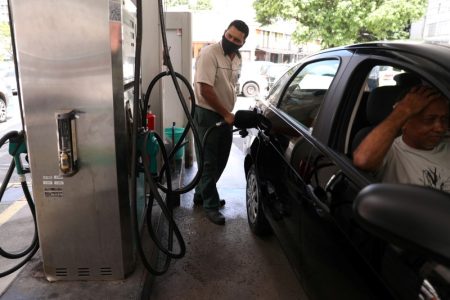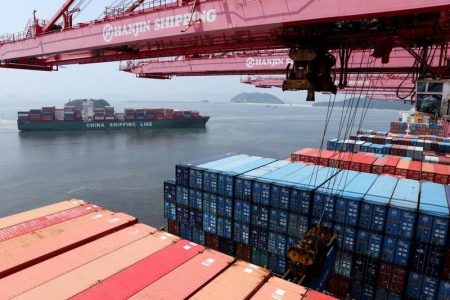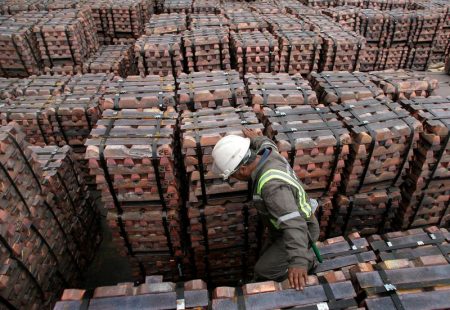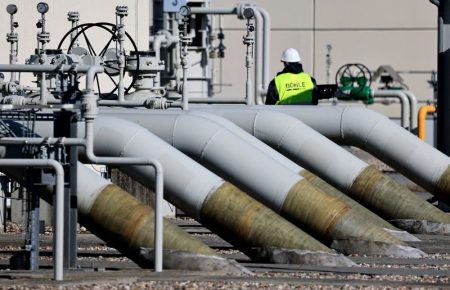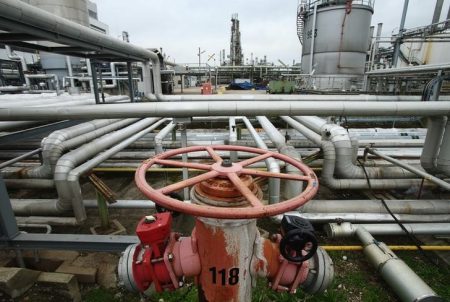By Marianna Parraga
HOUSTON (Reuters) – Trading houses that emerged as early buyers of Venezuelan crude following an U.S. easing of oil sanctions in October are now supplying state company PDVSA with motor fuels and diluents for its heavy oil production, according to documents and data.
Ahead of a presidential election scheduled for late 2024, Venezuela has begun prioritizing fuel imports to avoid a new wave of the gasoline and diesel shortages that spurred protests in recent years, according to the documents and sources.
Washington two months ago issued a six-month license that lifted most sanctions on the South American country’s oil industry, allowing exports of crude and gas to its chosen markets, and imports of fuel from almost any source. The authorization is contingent to the fulfillment of a pact to carry on a free presidential election.
PDVSA aims to replenish low inventories that had created a need for routine imports and had left the country’s stocks vulnerable to demand increases, the sources said.
The new supplies complement oil swaps previously negotiated by PDVSA with some joint ventures partners, including oil majors’ Chevron (NYSE:), Eni and Repsol (OTC:), and deals arranged in recent years with partners including Iran.
PDVSA and Venezuela’s oil ministry did not immediately reply to a request for comment.
Motorists have intermittently faced scarcity of gasoline and diesel in Venezuela in recent years even as subsidized prices have increased. Households also resorted to alternative sources of energy amid a lack of liquefied petroleum gas for cooking.
PDVSA imported an average 54,000 barrels per day of heavy naphtha and gasoline blend stock in November supplied by Chevron and Repsol, the highest monthly figure since January.
That volume excludes imports of light oil and condensate from Iran, which have decreased in the second half of the year, according to company documents and tanker tracking data from LSEG.
This month, a similar volume of heavy naphtha has been scheduled to be received from Swiss-based trader Vitol, according to the documents, which showed that some negotiations involve cargo swaps.
Vitol also chartered a tanker to pick up a 1 million-barrel cargo of Venezuelan heavy crude in the second half of December, the LSEG data showed.
Vitol and rival Trafigura since October have bought Venezuelan crude and fuel oil from middlemen firms. Most cargoes have been shipped to China, while Eni and Chevron were recently authorized to deliver to Indian refiners, the documents and data showed.
Read the full article here



